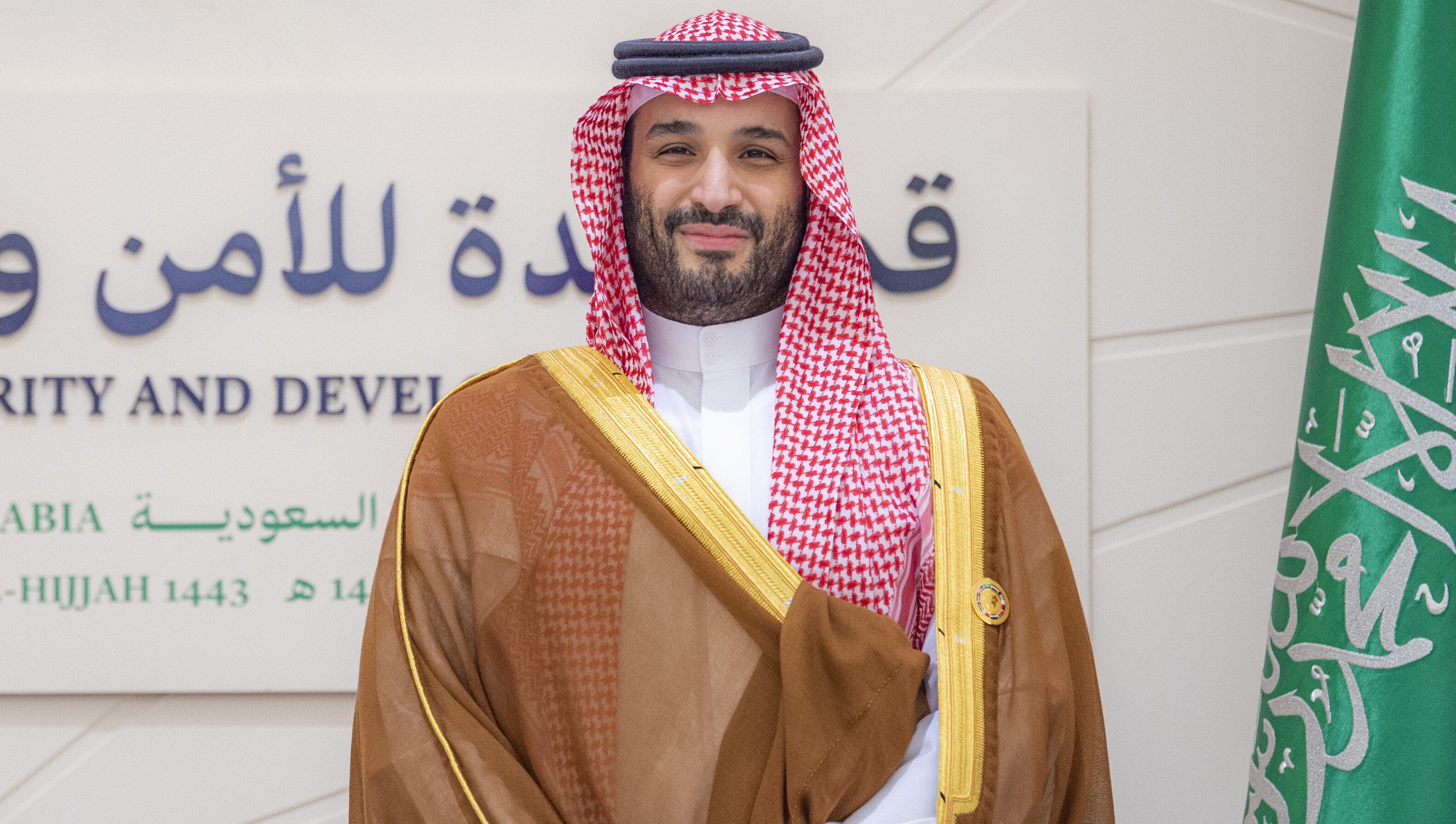
Ubisoft's Partnership with Saudi Arabia Raises Concerns Among Staff Regarding Its Upcoming Assassin's Creed DLC
Ubisoft faces internal unrest over its collaboration with Saudi Arabia for the new Assassin's Creed DLC, emphasizing that engaging with non-democratic partners doesn't equate to abandoning democratic values.
In a recent and unexpected announcement, Ubisoft has confirmed that its 2023 title, Assassin’s Creed Mirage, will receive a significant free DLC. This expansion will introduce a new map and additional quests to a two-year-old game at no cost, thanks in large part to the financial backing of Saudi Arabia’s Public Investment Fund (PIF). This investment aims to help reshape the global perception of the country.
The DLC will feature Basim, the game’s protagonist, exploring AlUla, a city steeped in Saudi Arabian heritage and recognized as a UNESCO site. Yves Guillemot revealed this initiative at the New Global Sport Conference held in Riyadh, which coincided with the Saudi-sponsored Esports World Cup.
“We are collaborating with AlUla, which not many are familiar with yet,” said Guillemot. “Players who engage with Mirage will gain free access to this site.”
The decision to partner with Saudi Arabia, especially given its troubling human rights track record, has stirred discontent among Ubisoft employees. In an internal forum, a question arose regarding the legitimacy of associating with a regime tied to the assassination of journalist Jamal Khashoggi. Guillemot’s visit, as part of a delegation led by French President Emmanuel Macron, has been described as a diplomatic strategy to extend France’s influence.
In an attempt to clarify, Ubisoft stated that the funding of this DLC by the PIF and its connection to the crown prince should not be conflated. “Engaging with partners lacking shared democratic values doesn’t imply we forsake our own,” they asserted. However, given the PIF’s ties to the crown prince, skepticism remains.
Ubisoft also claims it maintains complete creative control over the DLC, asserting that it was made possible through collaborations with local and international organizations, providing access to resources and expertise required for an authentic representation.


